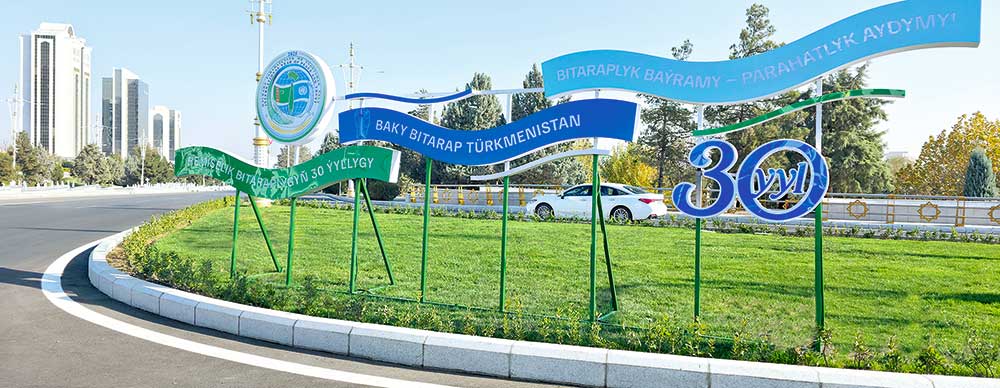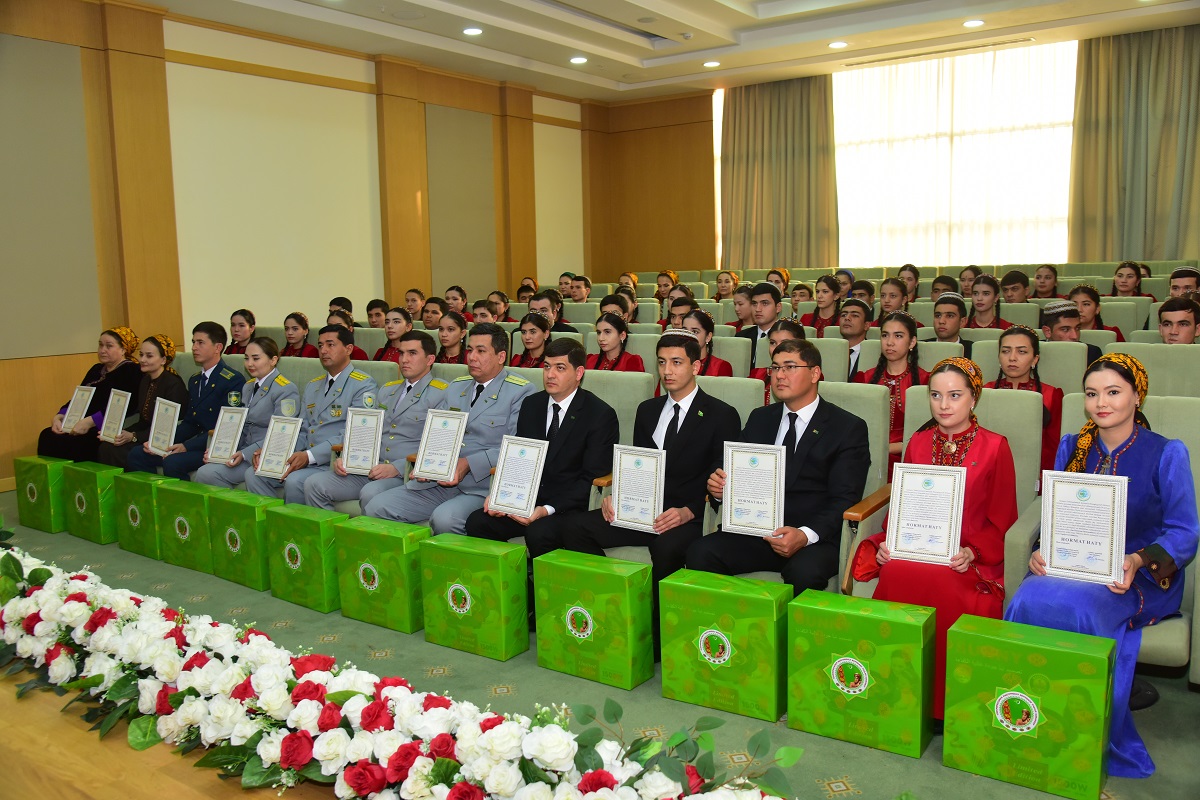According to preliminary forecasts from the Hydrometeorological Service of Turkmenistan, temperature fluctuations are expected in the coming week. Average air temperatures will range from +16°C to +4°C. There is a high probability of precipitation.
In Ashgabat, the temperature at the beginning of the week will be +16°C during the day and +3°C at night. Starting Tuesday, temperatures will significantly drop, with daytime temperatures of +4…+6°C and nighttime temperatures of –2…–4°C. The weather will be cloudy, and rain is possible.
In Ahal velayat, it will be cloudy with occasional clear skies. Daytime temperatures will range from +3…+8°C, and nighttime temperatures will drop to –1…–6°C. Clear weather is expected on the weekend, with daytime temperatures rising to +13°C.
In Balkan velayat, windy conditions with light rain are forecasted. Daytime temperatures will be +6…+11°C, and nighttime temperatures will range from 0…+4°C.
In Mary velayat, variable cloudiness is expected. Midweek, daytime temperatures will be +1…+6°C, and nighttime temperatures will drop to –1…–6°C. By the weekend, thermometers will rise to +14°C.
In Lebap velayat, it will be partly cloudy. Daytime temperatures will range from 0…+5°C, and nighttime temperatures from –1…–6°C. By the end of the week, it will warm up to +14°C. Precipitation is unlikely.
In Dashoguz velayat, cloudy weather is expected. Daytime temperatures will range from –3…+2°C, and nighttime temperatures from –3…–8°C. Rain is possible in some areas. Clear weather is forecasted for the weekend, with daytime temperatures rising to +9°C.
Sudden temperature changes from cold to warm and vice versa can affect well-being and health. Therefore, during sharp temperature fluctuations, it is important to dress according to the weather conditions. This will help avoid hypothermia on cold days and prevent overheating when temperatures rise.








